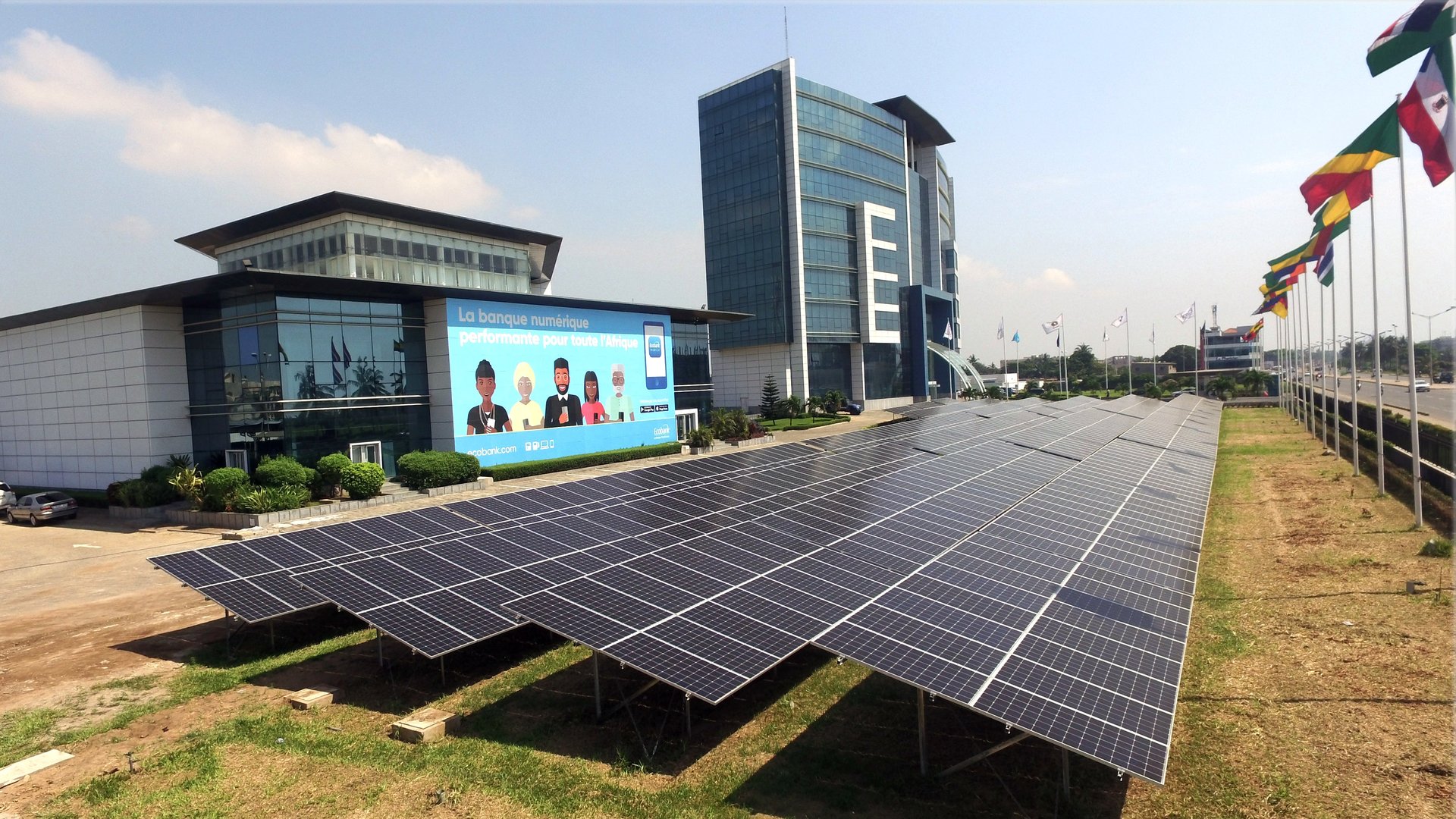Fintech and solar startups kept funding up in Africa’s ecosystem in 2020 despite the pandemic
Despite a downturn in Africa’s economy for the first time in 25 years in the wake of the global pandemic, investor interest in the continent’s tech ecosystem remained strong in 2020 as startup funding crossed the $1 billion-mark again as it did for the first time in 2019.


Despite a downturn in Africa’s economy for the first time in 25 years in the wake of the global pandemic, investor interest in the continent’s tech ecosystem remained strong in 2020 as startup funding crossed the $1 billion-mark again as it did for the first time in 2019.
Investors poured at least $1.3 billion of venture capital, including undisclosed rounds, into African startups with around $1.07 billion of these deals publicly disclosed, a 14.4% decrease from the $1.25 billion deals announced in 2019, says a new report from Briter Bridges.
A large number of deals went undisclosed topping $243 million much more than 2019’s $21.7 million.
All this was impressive and bodes well for the near-term future of African startup investment given most predictions expected the fast-growing sector to suffer a 40% slump as uncertainty mounted soon after most African countries locked down their economies. But startups were also an important part of the solutions to many of the problems countries face as the importance of digital technologies became increasingly obviously from banking and education through to health and retail.
African fintech startups continued to pull in the most investment and represented 31% of total funding activity in 2020. With 66% of African adults unbanked, investors realize that there’s a huge opportunity to develop the infrastructure and innovative services to provide financial services to millions of people.
Clean energy accounted for the next biggest share of funding activity with solar startups leading by attracting significant funding across East and West Africa in particular as governments and private investors encourage solutions to the continent’s electricity shortage challenges. Funding was not just limited to firms providing solar panels but also a firm whose software helps manage solar power ecosystems.
That investment continues into 2021 with Nigeria-based Daystar raising $38 million this month to expand its solar offering in Africa’s largest economy.
The other rising stars of startup investment were in health which garnered added interest in the wake of a global health crisis. But perhaps one surprise was that Edtech startups didn’t make the top 10 even as the pandemic forced schools to shut down for months and many school children and college students had to move online.
Meanwhile, as the continent’s funding sources continue to grow, so have investor exit options. And in 2020, the ecosystem witnessed an exciting uptick in mergers and acquisitions (M&A) with deals topping $1.12 billion.
Fintech dominated not just in startup funding rounds but also also in merger & acquisition activity as companies including Notable deals include Stripe’s $200 million acquisition of Paystack, MFS Africa’s acquisition of Beyonic, WorldRemit’s $500 million takeover of Sendwave, the cross-border payment service. These deals suggest that unlike other markets where IPOs are a popular exit route, in Africa, future exits will most likely happen through M&A.
Sign up to the Quartz Africa Weekly Brief here for news and analysis on African business, tech, and innovation in your inbox